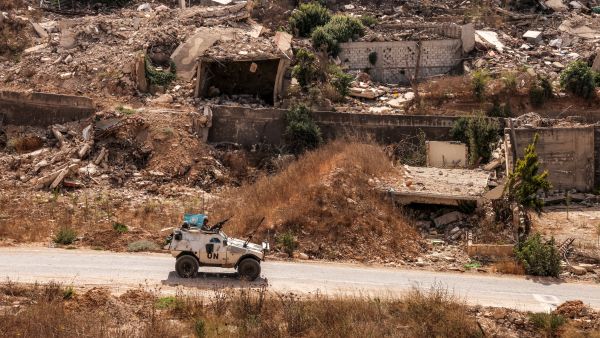ALBAWABA- The Lebanese army has begun taking control of Palestinian weapons stockpiles in the Rashidieh, Bass, and Burj al-Shamali camps in Tyre, as part of a national plan to restrict arms exclusively to the state, the Lebanese National News Agency reported.
According to Al-Jadeed correspondent, the Fatah movement in Tyre’s camps handed over heavy weaponry, including Grad rockets, truck-mounted shells, and 10 mortars, filling around 10 trucks that were confiscated by the army.
The move follows a cabinet decision on August 5, 2025, chaired by President Joseph Aoun, to disarm all non-state armed groups, particularly Hezbollah, and place weapons under state authority by the end of the year.
The plan, influenced by a U.S.-brokered proposal by envoy Thomas Barrack, aims to consolidate the state’s monopoly on arms in the aftermath of the 2024 Israel–Hezbollah war.
Despite Hezbollah-allied ministers walking out of cabinet sessions and the group condemning the initiative as serving Israeli interests, the government pressed ahead, endorsing a phased disarmament process north and south of the Litani River on August 7.
The policy echoes long-standing international demands, including UN Security Council Resolutions 1559 (2004) and 1701 (2006), which called for the disarmament of all militias in Lebanon.
However, the latest step marks the most concrete effort yet by Beirut to implement such measures, though analysts warn of political and sectarian challenges to its enforcement.













